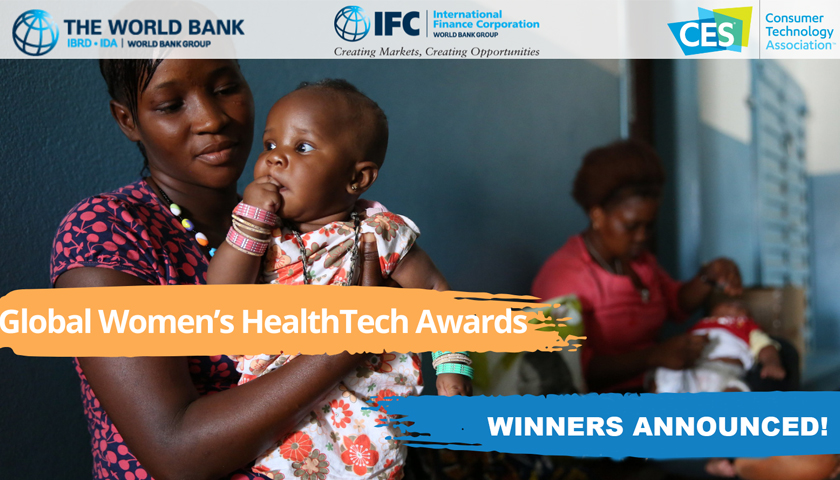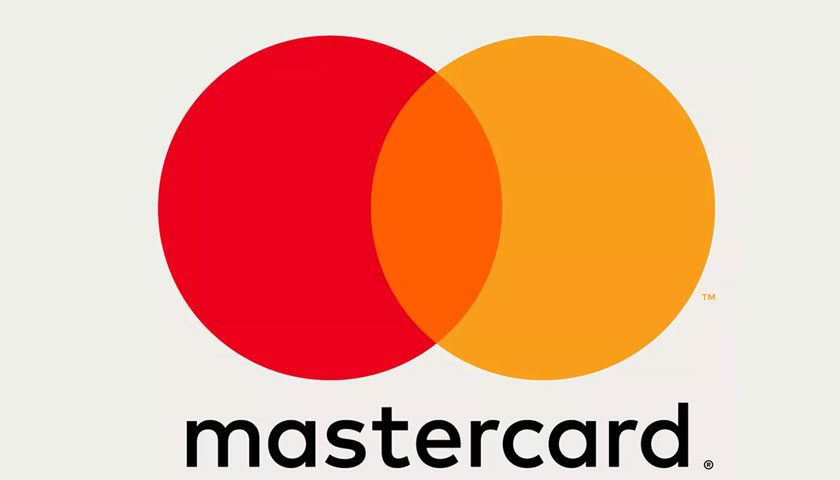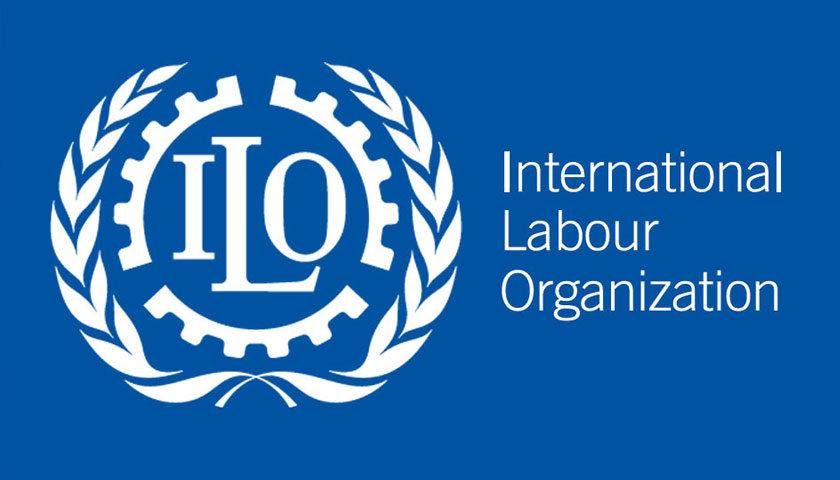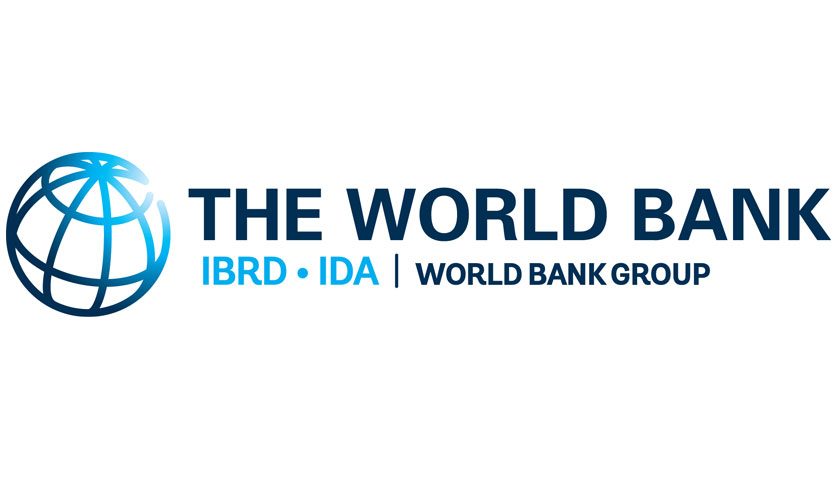The World Bank Group and the Consumer Technology Association (CTA) announced the winners of The Global Women’s HealthTech Awards, recognizing innovative startups that leverage tech to improve women’s health and safety in emerging markets. The winning startups selected by a panel of industry experts are Antiva Biosciences, InnAccel, NIRAMAI, and UE LifeSciences.
The Awards attracted over 70 companies from 35 countries, which submitted their innovative products and services under three categories: reproductive health and pregnancy, general women’s and adolescent health, and women safety and security.
“These startups are using technology to help women in developing countries live longer and healthier lives,” said IFC’s Managing Director, Makhtar Diop. “They’re at the cutting edge of a growing market focused on women’s health that has the potential to reach almost $10 billion by 2024.”
Karen Chupka, EVP, CES, Consumer Technology Association (CTA), announced the winning startups during the opening session of CES2022, one of the most influential tech events in the world.
“The winners announced today are providing innovative solutions that are making a difference in solving some of the most pressing challenges in healthcare and will help improve the health and well-being of women in developing countries,” said Karen Chupka.
New technology can play a key role in addressing some of the most pressing health challenges for women, including access to maternal care, reproductive care, and high-quality diagnostic tests and screening. Tech innovations can be particularly impactful in emerging markets, where women often face a lack of adequate resources and tailored solutions. For instance, according to the World Health Organization (WHO), 94 percent of all maternal deaths occur in low and lower-middle income countries, mostly due to poor access to quality health services, while limited access to diagnostic centers and tools for early detection result in lower survival rates for breast cancer.



